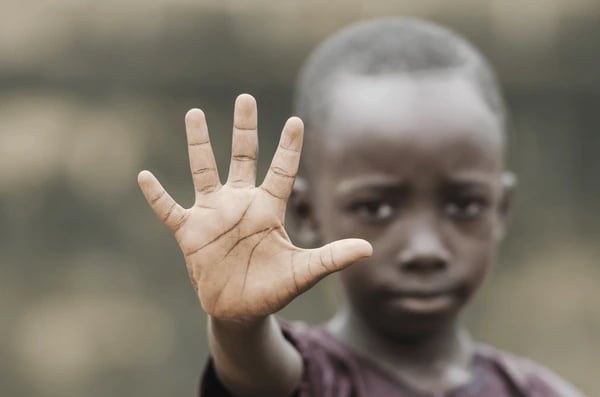Persecution in Nigeria: Christians Face Rising Violence
7/21/20253 min read


On a quiet Friday afternoon, a small group of Christians gathered for a Bible study in a church in Kajuru, Nigeria. Their prayers were shattered by gunfire. Five believers lost their lives, and three others were injured in a brutal attack reportedly carried out by Fulani militants, a group often linked to violence against Christians in the region. This tragedy is part of a growing wave of persecution that has left Nigeria’s Christian communities living in fear.
A Deadly Attack in Kajuru
The assault took place at the Evangelical Church of West Africa (ECWA) in Kajuru, a rural area in Nigeria’s Middle Belt. The victims, identified as Victor Haruna, Dogara Jatau, Luka Yari, Jesse Dalami, and Bawu John, were killed during the attack. Three others—Samuel Aliyu, Philip Dominic, and Jacob Hussaini—survived but sustained serious injuries.
Local residents described the terror that has gripped their community. “We live in constant fear,” said Happiness Daniel, a farmer from Kajuru. “It’s hard to sleep at night or even go to our fields to work.” The region, predominantly Christian, has faced escalating violence, including kidnappings, massacres, and forced displacement, often attributed to extremist groups.
The Scale of Violence
The attack in Kajuru is not an isolated incident. According to local reports, over 100 people have been kidnapped in the area in the past six months alone. Nigeria’s Middle Belt, a region that divides the Muslim-majority north from the Christian-majority south, has become a hotspot for religious violence. Militant groups, including Fulani herdsmen, have been accused of targeting Christian communities, destroying homes, and seizing farmland.
The global Christian watchdog organization Open Doors ranks Nigeria as the 7th worst country for Christian persecution. In 2022, over 5,500 Christians were killed worldwide for their faith, with 90% of these deaths occurring in Nigeria, according to the Alliance Defending Freedom International. This staggering statistic makes Nigeria the deadliest country for Christians today.
Why Is This Happening?
The violence in Nigeria stems from a complex mix of religious, ethnic, and economic tensions. The Fulani, a nomadic herding group, have clashed with Christian farmers over land and resources. However, many attacks appear to be religiously motivated, with churches and Christian gatherings frequently targeted.
The Nigerian government’s response has been widely criticized as inadequate. The United States Commission on International Religious Freedom (USCIRF) has repeatedly urged the U.S. government to designate Nigeria as a Country of Particular Concern (CPC) due to ongoing religious persecution. This label was applied in 2020 under the Trump administration but was controversially removed in 2021 by the Biden administration, a decision that drew sharp criticism.
“This reversal was a grave mistake,” said Nina Shea, director of the Hudson Institute’s Center for Religious Freedom. “The Fulani militants pose a severe threat to Nigeria’s Christians, and the government’s inaction only emboldens these attacks.”
The Human Cost
The consequences of this violence are devastating. Beyond the loss of life, survivors face trauma, displacement, and economic hardship. Women and children are particularly vulnerable, with reports of abductions and assaults. The destruction of farmland has also worsened food insecurity, contributing to widespread hunger in the region.
For many Christians, their faith remains a source of strength in the face of such trials. “We trust God to protect us,” a local pastor shared, “but we also need the world to hear our cries.”
A Call for Awareness and Action
The international community’s response to Nigeria’s crisis has been muted, with many experts pointing to a lack of global attention to the plight of Christians in the country. Raising awareness is a critical first step. Here are ways you can help:
Pray: Lift up Nigeria’s Christians in prayer, asking for protection, healing, and justice.
Share: Spread the word about the persecution faced by believers in Nigeria. Social media can amplify their stories.
Support: Consider contributing to organizations like Open Doors or Alliance Defending Freedom, which provide aid and advocacy for persecuted Christians.
Standing in Solidarity
As followers of Christ, we are called to stand with our brothers and sisters in faith, sharing their burdens and lifting their voices. The situation in Nigeria is a reminder of the cost of faith in many parts of the world. By staying informed and engaged, we can make a difference.
If you’re moved by this story, take a moment to share it with a friend or learn more about how you can support persecuted Christians. Together, we can shine a light on their struggles and offer hope in the face of darkness.